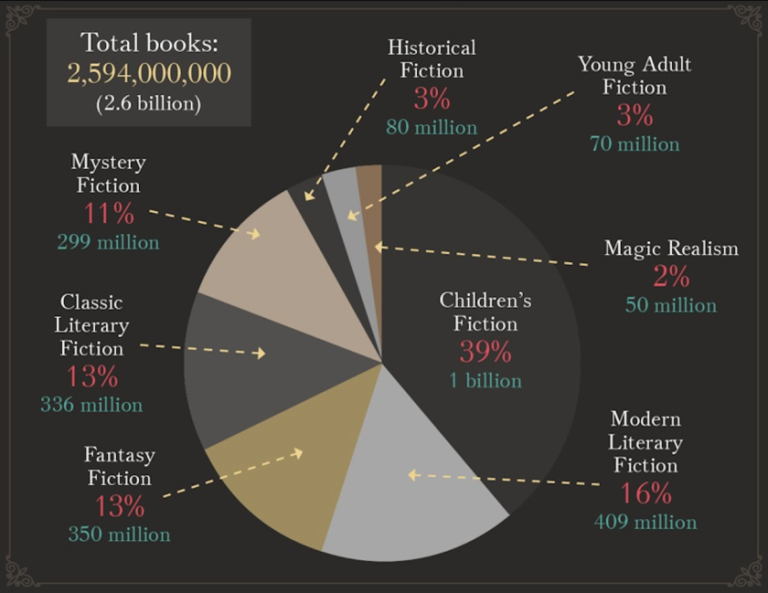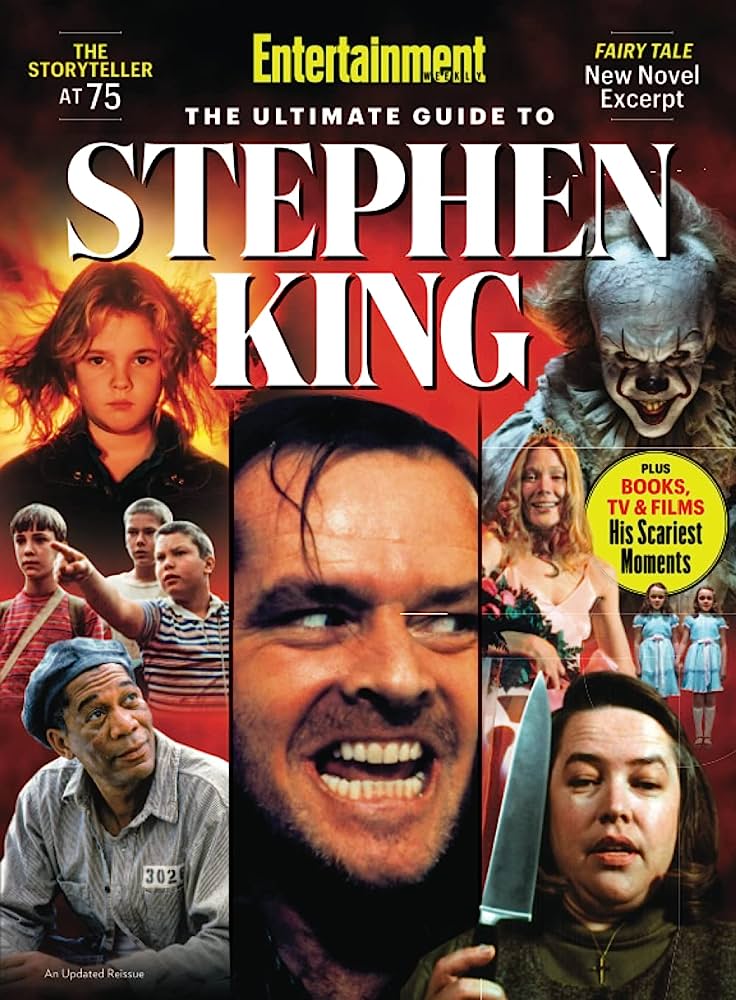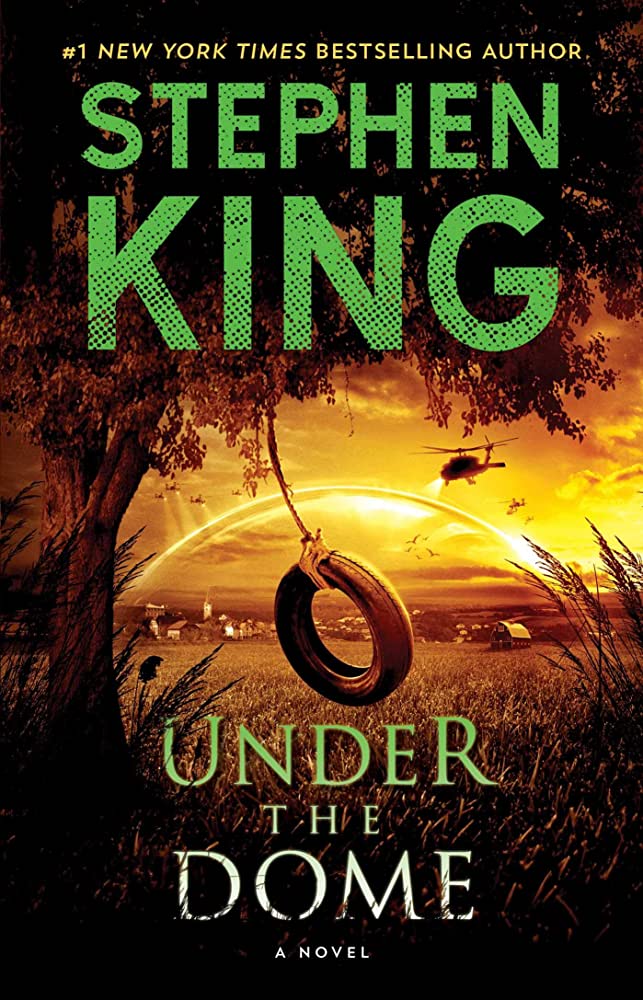Who Is The Father Of Horror?
If you’re a fan of horror movies and literature, you’ve probably wondered at some point, “Who is the father of horror?” It’s a question that has sparked many debates and discussions among enthusiasts. Well, get ready to dive into the dark and twisted world of horror as we explore the origins of this spine-chilling genre and uncover the answer to this intriguing question.
When it comes to horror, one name stands out above the rest – Edgar Allan Poe. This master of the macabre is often hailed as the father of horror, and for good reason. With his chilling tales of madness, death, and the supernatural, Poe captivated readers and laid the foundation for what would become the horror genre as we know it today. From his haunting poem “The Raven” to his iconic short stories like “The Tell-Tale Heart” and “The Fall of the House of Usher,” Poe’s dark and atmospheric writing style set the standard for generations of horror writers to come.
So, grab your flashlight and prepare to be scared as we delve into the twisted mind of the father of horror himself, Edgar Allan Poe. Get ready for a journey through the darkest corners of literature as we explore the impact of his work and the lasting legacy he left behind. Whether you’re a die-hard horror fan or just curious about the origins of this spine-tingling genre, this article will unravel the mysteries and horrors that lie within the question, “Who is the father of horror?”

Who is the Father of Horror?
Horror as a genre has been captivating audiences for centuries, and its influence can be seen in literature, film, and even music. But who can be credited as the father of horror? Many names come to mind, but one figure stands out among the rest – Edgar Allan Poe.
Poe, an American writer who lived in the 19th century, is widely regarded as the father of horror for his contributions to the genre. His works, such as “The Tell-Tale Heart” and “The Fall of the House of Usher,” are iconic examples of Gothic horror, characterized by their dark atmosphere, psychological terror, and exploration of the human psyche. Poe’s ability to evoke feelings of fear and unease through his vivid descriptions and haunting narratives set the foundation for what horror literature would become.
The Influence of Edgar Allan Poe
Poe’s impact on the horror genre cannot be overstated. His unique style and themes have inspired countless writers and filmmakers, shaping the way horror stories are told to this day.
In his works, Poe delved into the depths of the human mind, exploring themes of madness, guilt, and the supernatural. His characters often grapple with their own inner demons, making them relatable and adding a psychological depth to his stories. This psychological horror, combined with his masterful storytelling and vivid imagery, created a new standard for the genre.
Poe’s influence can be seen in the works of authors such as H.P. Lovecraft, Stephen King, and Clive Barker, who have all cited him as a major inspiration. His impact also extends to the world of cinema, with directors like Alfred Hitchcock and Stanley Kubrick drawing inspiration from his storytelling techniques and atmospheric settings.
The Birth of Horror Literature
Poe’s contributions to horror literature were groundbreaking and laid the foundation for the genre as we know it today. His stories introduced elements such as unreliable narrators, macabre imagery, and supernatural occurrences that have become staples of horror fiction.
One of Poe’s most famous works, “The Raven,” showcases his ability to create a sense of dread and anticipation. The poem, with its haunting refrain of “nevermore,” captures the reader’s imagination and leaves a lasting impression. It is a testament to Poe’s mastery of language and his understanding of the power of rhythm and repetition in creating a chilling effect.
Another notable example is “The Masque of the Red Death,” a short story that explores the inevitability of death and the futility of trying to escape it. The story’s vivid descriptions of a masked ball and the looming presence of the Red Death create a sense of impending doom that lingers long after the story ends.
The Legacy of Edgar Allan Poe
Poe’s impact on the horror genre continues to be felt to this day. His stories have become classics, studied in schools and universities around the world. They have inspired countless adaptations in film, television, and theater, further cementing his place as the father of horror.
Beyond his influence on the genre itself, Poe’s work has also had a lasting impact on popular culture. His iconic imagery, such as the raven and the pendulum, has become synonymous with horror. His themes of madness, death, and the supernatural continue to resonate with audiences, reflecting our own fears and anxieties.
In conclusion, Edgar Allan Poe can be rightfully called the father of horror. His innovative storytelling, psychological depth, and iconic imagery have shaped the genre and influenced generations of writers and filmmakers. His legacy continues to captivate audiences, proving that his contributions to horror are timeless and enduring.
Key Takeaways: Who is the father of horror?
- Horror as a genre can be traced back to the works of Edgar Allan Poe.
- Edgar Allan Poe is often considered the father of horror due to his influential and chilling stories.
- Poe’s stories, such as “The Tell-Tale Heart” and “The Fall of the House of Usher,” paved the way for future horror writers.
- His ability to create suspense, explore the darker aspects of the human psyche, and craft atmospheric settings set the foundation for the horror genre.
- Poe’s works continue to inspire and terrify readers to this day, solidifying his legacy as the father of horror.
Frequently Asked Questions
Here are some frequently asked questions about the father of horror:
1. What is the origin of horror as a genre?
The horror genre has a long and rich history that dates back centuries. However, it was during the 18th and 19th centuries that horror literature started to gain popularity. One of the earliest known works of horror fiction is “The Castle of Otranto” by Horace Walpole, published in 1764. This Gothic novel paved the way for many other influential works in the genre.
It is important to note that horror as a genre existed in various forms even before the written word. Folklore, mythology, and oral storytelling often included elements of horror to captivate and frighten audiences. These early tales laid the foundation for the horror genre as we know it today.
2. Who is often credited as the father of horror?
While there are several influential figures in the history of horror, one name that often comes up as the father of horror is Edgar Allan Poe. Poe was an American writer who is known for his macabre and unsettling stories. His works, such as “The Tell-Tale Heart” and “The Fall of the House of Usher,” are considered classics of the horror genre.
Poe’s ability to tap into the deepest fears and anxieties of his readers, along with his mastery of atmosphere and suspense, solidified his place as one of the early pioneers of horror fiction.
3. Are there any other notable figures in the development of horror?
Apart from Edgar Allan Poe, there are several other notable figures who have made significant contributions to the development of horror. One such figure is H.P. Lovecraft, an American writer known for his cosmic horror stories. Lovecraft’s works, including “The Call of Cthulhu” and “At the Mountains of Madness,” have had a lasting impact on the genre.
Other influential horror writers include Mary Shelley, who wrote the iconic novel “Frankenstein,” and Bram Stoker, the author of “Dracula.” These writers, along with many others, have shaped the horror genre and continue to inspire generations of horror enthusiasts.
4. How has the horror genre evolved over time?
The horror genre has evolved significantly over time, reflecting the changing fears and anxieties of society. In the early days, horror literature often relied on supernatural elements and Gothic settings to create a sense of fear and unease. As time went on, the genre started to explore psychological horror and the darker aspects of the human mind.
In recent years, the horror genre has seen a resurgence in popularity, with films like “Get Out” and “Hereditary” receiving critical acclaim. These modern horror movies tackle social issues and incorporate elements of psychological horror to create a more nuanced and thought-provoking experience for the audience.
5. Why is it important to recognize the father of horror?
Recognizing the father of horror and understanding the history of the genre is important for several reasons. Firstly, it allows us to appreciate the roots of horror fiction and the contributions of early writers who paved the way for future generations.
Additionally, studying the evolution of the horror genre can provide insights into the fears and anxieties of different time periods. It helps us understand how horror fiction has reflected and influenced society throughout history. By recognizing the father of horror and other influential figures, we can gain a deeper appreciation for the genre and its impact on popular culture.
My Father Horror Story Animated
Final Summary: The Legacy of Horror’s Father
So, who is the father of horror? Throughout this article, we’ve delved into the depths of the horror genre to uncover the origins and pioneers that have shaped its chilling landscape. From the eerie tales of Edgar Allan Poe to the supernatural creations of H.P. Lovecraft, we’ve explored the works of these literary masters who have left an indelible mark on the world of horror.
In our quest for the answer, we discovered that while there may not be a single definitive answer to this question, there are certainly candidates who have played a significant role in establishing horror as we know it today. From the psychological horrors of Alfred Hitchcock to the supernatural nightmares crafted by Stephen King, these individuals have pushed the boundaries of fear and captivated audiences around the world.
As we conclude our exploration, it’s important to recognize that the true essence of horror lies not in a single individual, but rather in the collective imagination of countless creators who have dared to delve into the dark recesses of the human psyche. From the classic literature to the modern-day adaptations, horror continues to evolve and terrify, captivating audiences with its ability to tap into our deepest fears and anxieties.
In the end, it is the combined efforts of these visionary minds that have earned them the title of the fathers of horror. So, as we continue to immerse ourselves in spine-tingling tales and thrilling horrors, let us remember and honor the legacy of these pioneers who have gifted us with a genre that will continue to haunt our dreams for generations to come.






